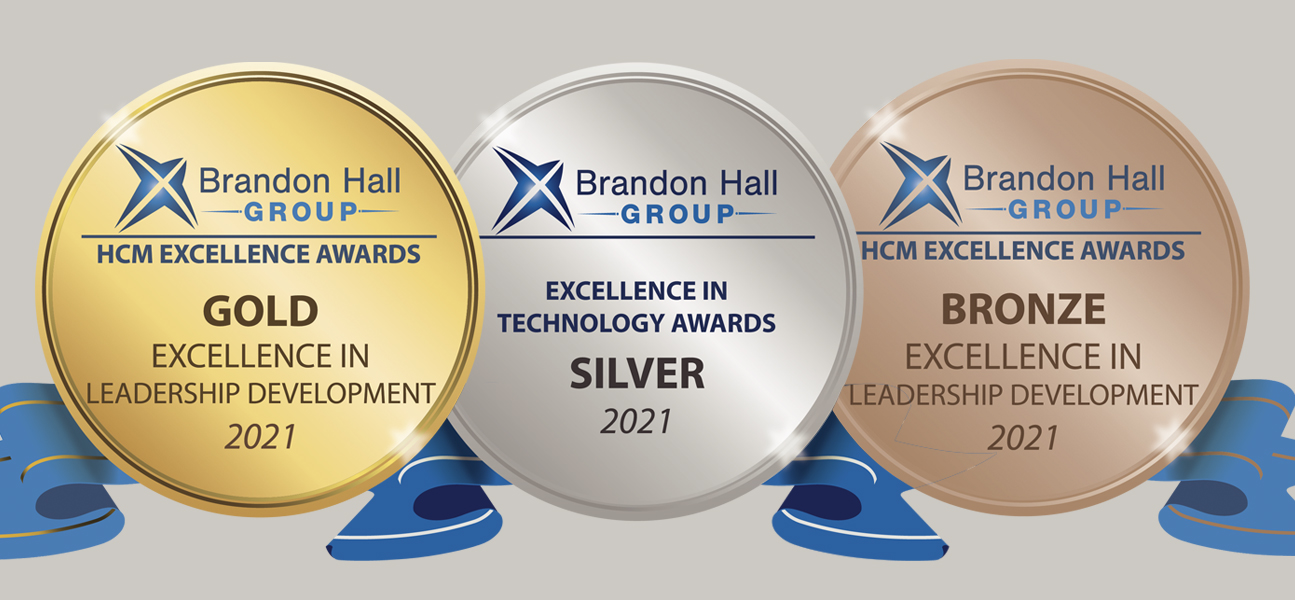If you work in or consult to an organization, you have to be deaf not to hear the whispers, the innuendo, the gossip. Gossip is a natural part of the social fabric, a pervasive part of our human society. And it does serve important social functions. Gossip in the workplace is a central, evolved part of how people communicate with each other.
So why wouldn’t executives want to gossip?
Gawker Would Love Our Founding Fathers
Since we are celebrating President’s Day this week, we can look to our Founding Fathers for advice on executive gossip. Historians consider Jefferson and Madison, and other like-minded founders, inveterate gossips. Their ability to gossip was crucial to the formation of political parties and to garner support and protection for themselves and the new country. Internet sites like Gawker or Huffington Post would love our Founding Fathers for their political gossip acumen. Today’s executives might benefit from studying the Founding Fathers to model how to power gossip or money gossip.
Talking About People Behind Their Backs
That’s the general definition of gossip. Talking about people, positive or negative, when they are not there.
Gossip. It’s what leaders do all the time.
Leaders at higher levels in the organization live in the world of secondary data, information and sources. They rely heavily on others to get the right data and information to make decisions, to influence others, to drive the business. Take the job of performance review. One of the first things a CEO or executive will do (after looking at the numbers/results) is ask trusted others “how do you think Susan is doing?”
The CEO has to collect data from others because he/she has limited first hand knowledge of how Susan manages others and gets work done. Executives must use their personal networks to find facts, the truth and gain tacit knowledge about how things are really happening in the company. Part of managing and building trust within networks involves, to some degree, gossip. Knowing how to turn it into social currency is the key.
In Bob Rosen’s new book, Grounded, he highlights research findings showing that people with larger and more diversified personal networks were higher performers, got promoted earlier and were considered better leaders. Executives comfortable probing for truth, seeking data and information even when talking about people behind their back, allows for a wider, diversified personal network which benefits the leader and the company.
How is your Intellectual Health? Find out by taking the Healthy Leader Assessment – Intellectual Health.
Are you subscribed to The Healthy Leader?



